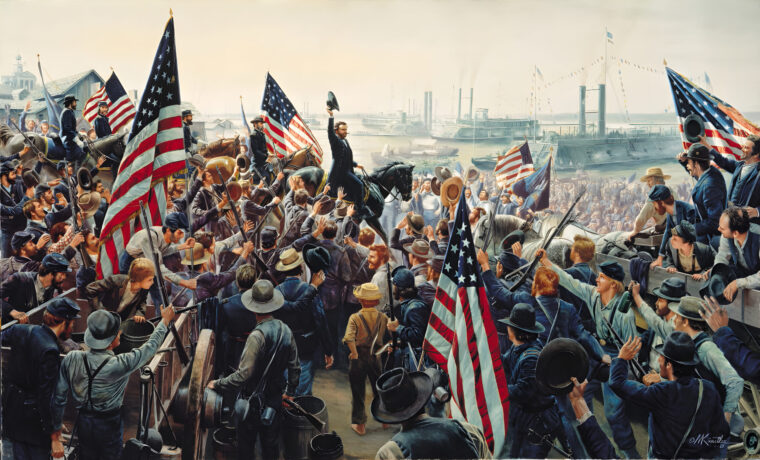
general joseph e johnston
Big Black River
By Kirk FreemanBig battles make the history books. But for the soldiers, it was often the smaller, fiercer fights they remembered most keenly later in their lives. Read more

general joseph e johnston
Big battles make the history books. But for the soldiers, it was often the smaller, fiercer fights they remembered most keenly later in their lives. Read more
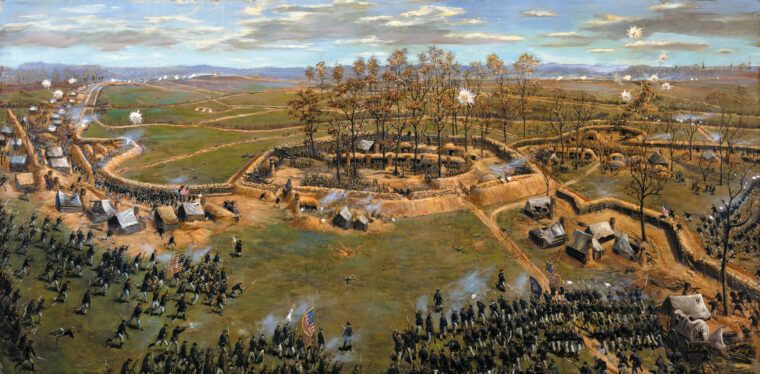
general joseph e johnston
By the early spring of 1865, the Southern Confederacy was on the cusp of extinction. In every theater of the four-year-old Civil War, the gray-clad Rebels were getting the worst of things. Read more
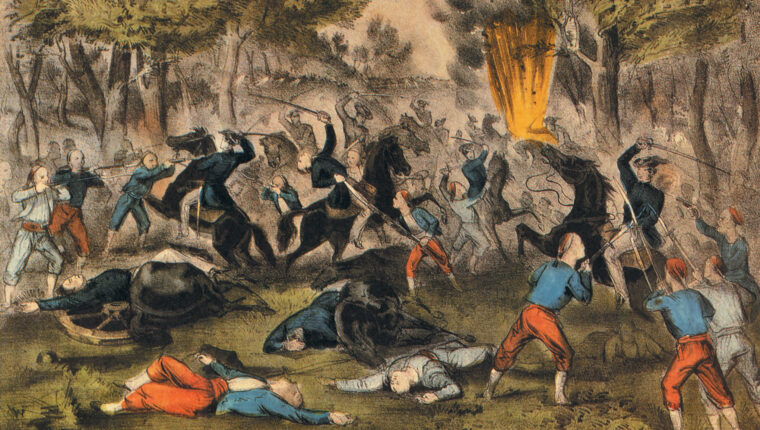
general joseph e johnston
“But for you, there would have been no Battle of Bull Run.” When Confederate President Jefferson Davis made that blanket statement in the summer of 1862, he was not addressing Pierre G.T. Read more
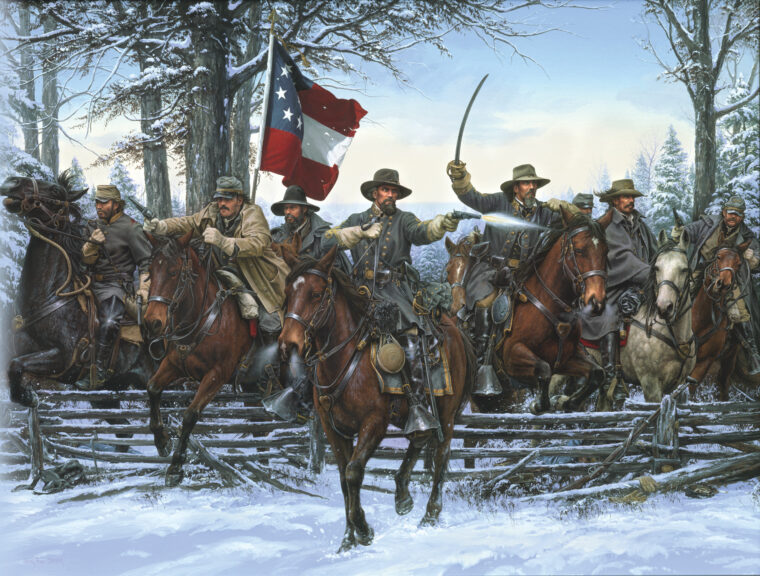
general joseph e johnston
The winter of 1863 was a time of general inactivity for the exhausted armies in middle Tennessee. Read more
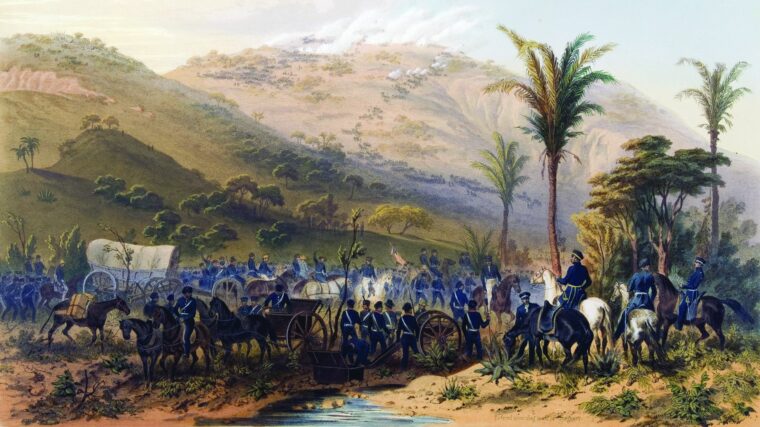
general joseph e johnston
American Maj. Gen. Winfield Scott captured the port city of Vera Cruz on March 27, 1847, and immediately prepared to leave it behind. Read more
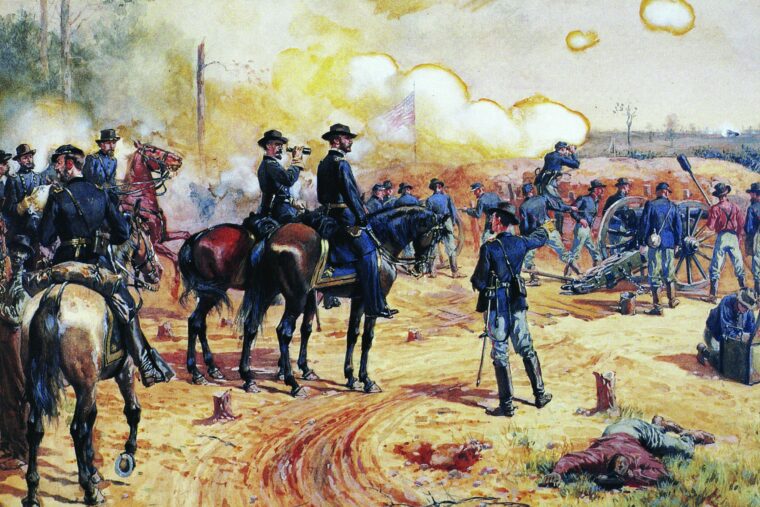
general joseph e johnston
During the early afternoon of July 9, 1864, the 103rd Ohio Volunteer Infantry Regiment of Maj. Gen. John M. Read more
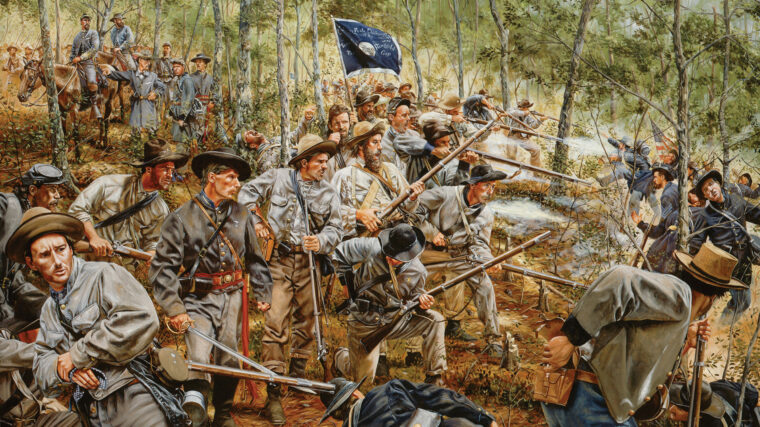
general joseph e johnston
Peering through the thick underbrush west of Little Pumpkin Vine Creek, 30 miles northwest of Atlanta, on the afternoon of May 27, 1864, Ambrose Bierce had a bad feeling. Read more
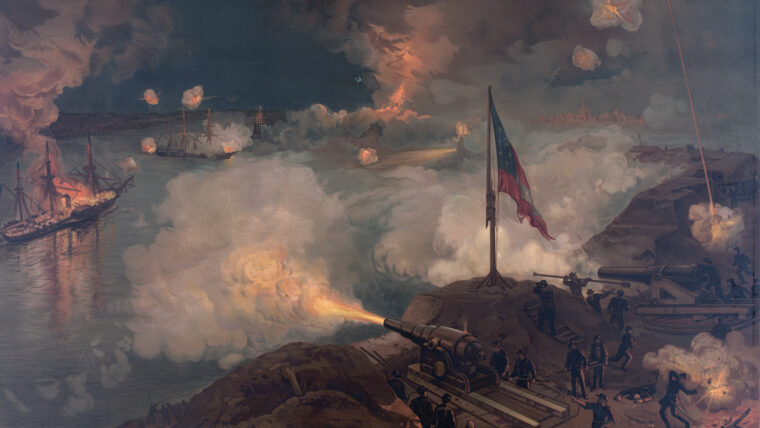
general joseph e johnston
Not long after Union Flag Officer David Farragut of the West Gulf Blockading Squadron received the surrender of New Orleans on April 29, 1862, he began pondering his next move. Read more
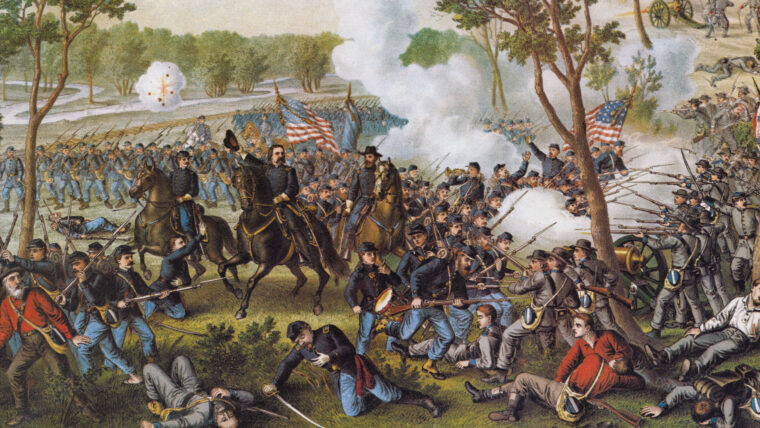
general joseph e johnston
During the Civil War, the strategic importance of Vicksburg, Mississippi, was readily apparent to both the Union and the Confederacy. Read more
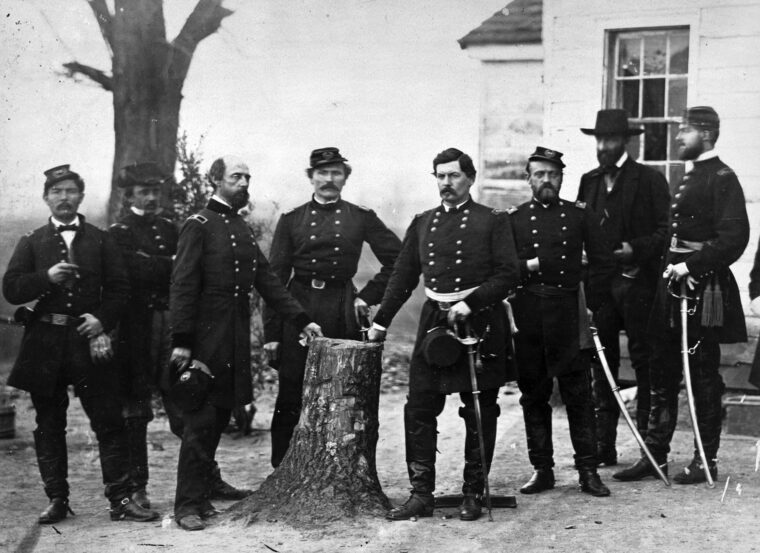
general joseph e johnston
After an almost uninterrupted, four-month-long string of Union successes beginning in early 1862, followed by the advance of a 100,000-man enemy army to the eastern outskirts of its capital at Richmond, Virginia, the Confederacy suddenly found itself in a life-or-death struggle for its very survival. Read more
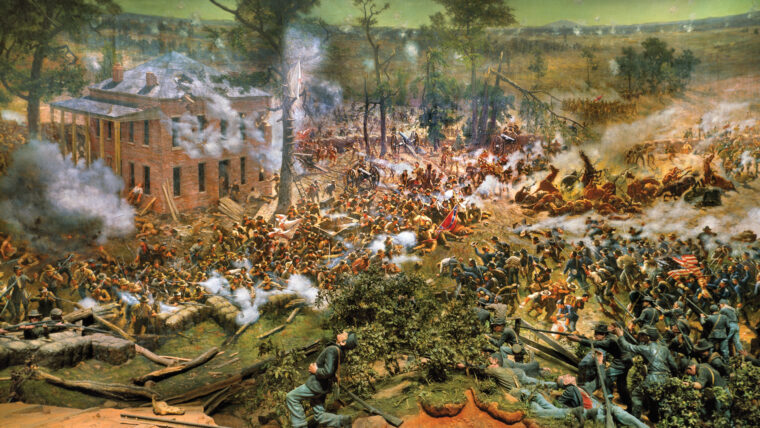
general joseph e johnston
The guide shook uncontrollably when the gray-clad general pointed his pistol at him in the backwoods of central Georgia on the evening of July 21, 1864. Read more
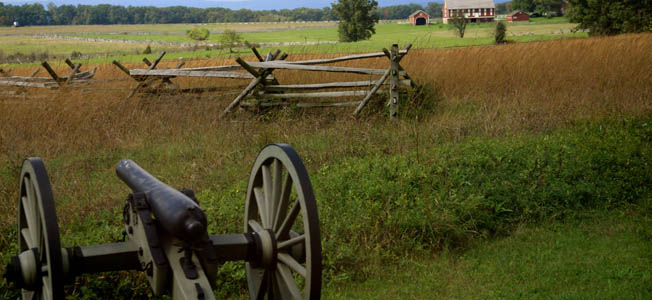
general joseph e johnston
The American Civil War was the tragic culmination of divergent perspectives on the proper conduct of the government of the United States and socio-economic issues that had been frequently at the forefront of American political life for decades. Read more
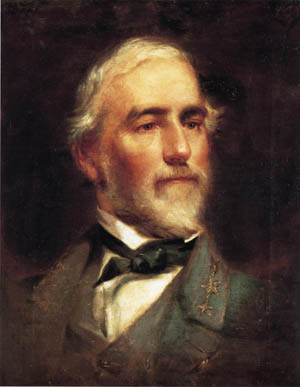
general joseph e johnston
When the Civil War broke out, Robert E. Lee of Virginia was offered command of the Union army. Read more
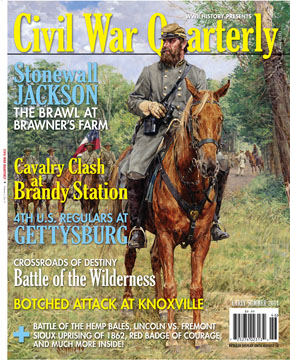
general joseph e johnston
The year 1864 was shaping up to be a critical one in the American Civil War. During the previous year, Federal armies had gained control of the Mississippi River and consolidated their grip on Tennessee. Read more
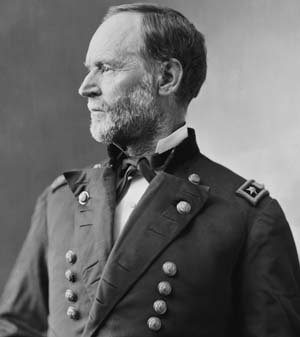
general joseph e johnston
By Mike Haskew
Union General William T. Sherman was a friend and trusted subordinate of General Ulysses S. Grant, commander of all Union armies in the field during the Civil War. Read more
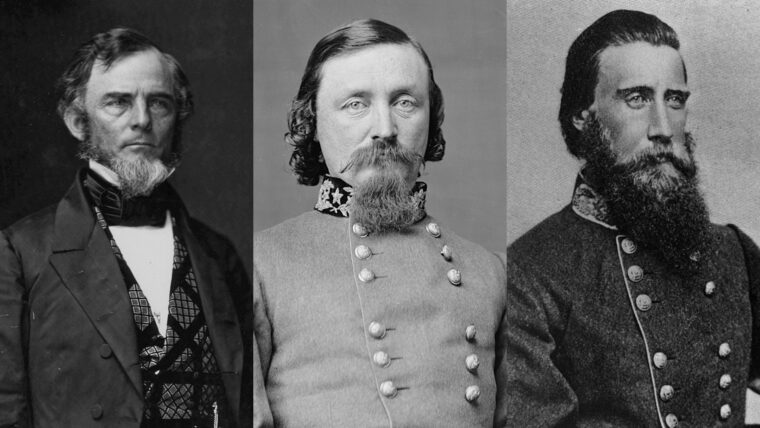
general joseph e johnston
Confederate Maj. Gen. Gideon Pillow. After gaining ground trying to cut an escape path for the Confederates during the February 1862 siege of Fort Donelson by Union forces led Brig. Read more
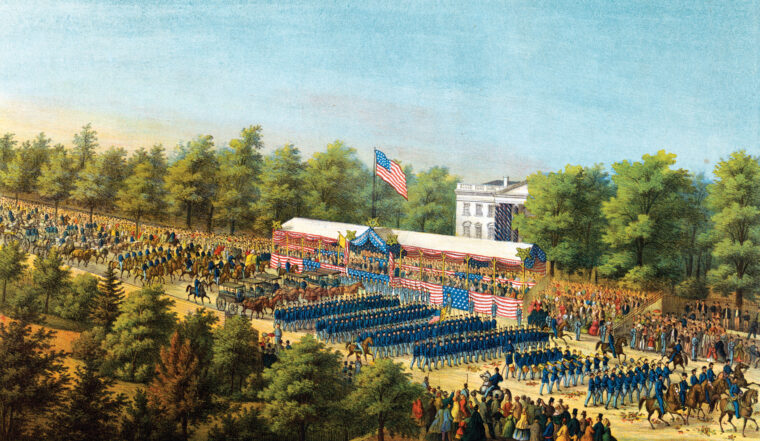
general joseph e johnston
Robert E. Lee’s surrender at Appomattox, presaging the subsequent surrender of other Confederate forces in the West and the capture of Southern President Jefferson Davis a few weeks later, marked the triumphant end of the nation’s great sundering. Read more
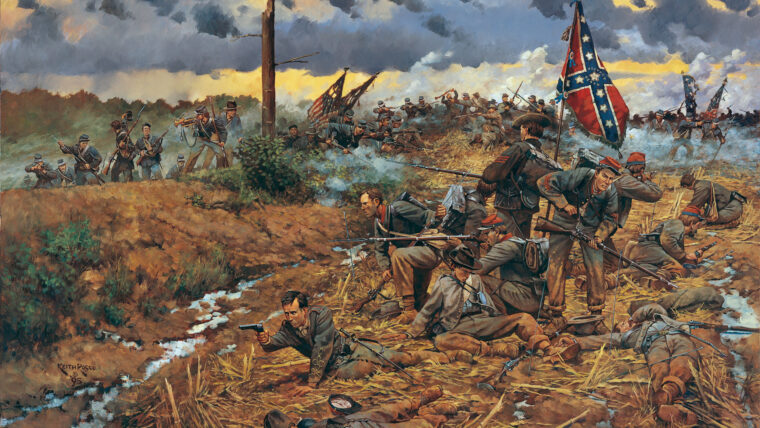
general joseph e johnston
Four hundred Confederate sailors and marines, their small arms loaded and ready, awaited their orders. Some men had their cutlasses within easy reach. Read more
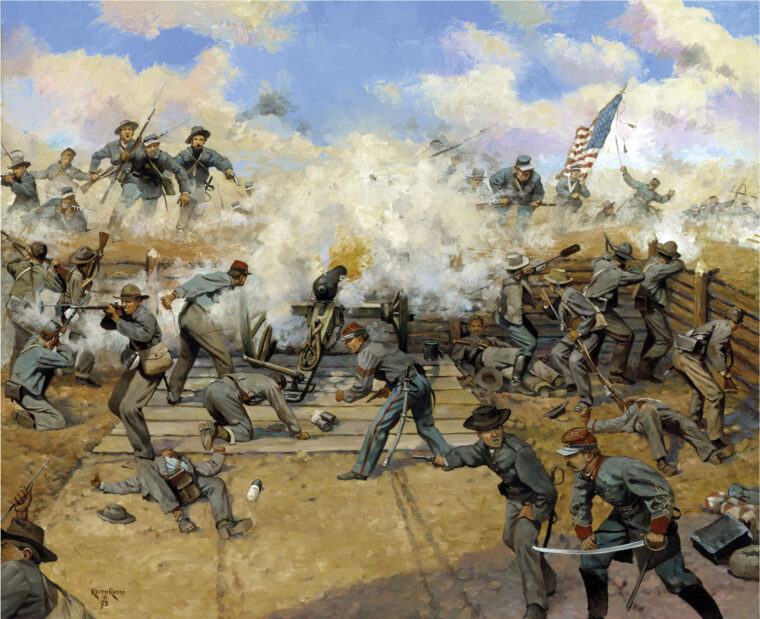
general joseph e johnston
Lieutenant Colonel Horace Porter, personal aide to Lt. Gen. Ulysses S. Grant, maneuvered his mount past ammunition wagons, ambulances, stragglers, and prisoners jamming the muddy roads leading back to headquarters from Five Forks, Virginia, on the evening of April 1, 1865. Read more
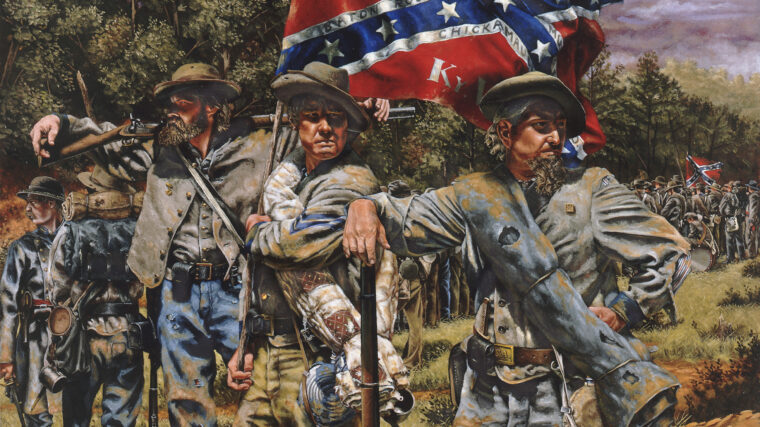
general joseph e johnston
On April 15, 1861, three days after the bombardment of Fort Sumter, President Abraham Lincoln issued a call for 75,000 volunteer troops. Read more